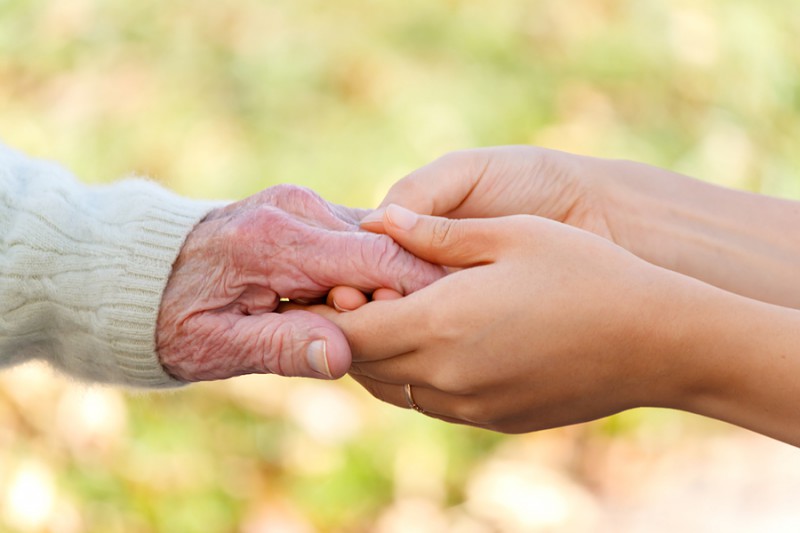Can hospice care reduce depression in the bereaved?
It can be a challenge to ensure good quality of life as a person’s life draws to a close. The knowledge that death is imminent—and the awareness that it is unavoidable—understandably brings intense anxiety and fear, for the person who is ill and the people who love him. Hospice care improves quality of life in the dire circumstances of a person’s last days. It can enable the dying to spend this time in peace, surrounded by family and friends, and in little pain. But the role of hospice goes beyond palliative care. For example, such programs can: Provide necessary drugs, medical supplies, and equipment. Teach family members how to care for the person who is ill. Support the dying person as he deals with the emotional and

It can be a challenge to ensure good quality of life as a person’s life draws to a close. The knowledge that death is imminent—and the awareness that it is unavoidable—understandably brings intense anxiety and fear, for the person who is ill and the people who love him.
Hospice care improves quality of life in the dire circumstances of a person’s last days. It can enable the dying to spend this time in peace, surrounded by family and friends, and in little pain. But the role of hospice goes beyond palliative care. For example, such programs can:
- Provide necessary drugs, medical supplies, and equipment.
- Teach family members how to care for the person who is ill.
- Support the dying person as he deals with the emotional and spiritual aspects of death.
- Provide support and counseling to family and friends to ease the grief related to their loss (bereavement counseling).
Studies confirm what many know intuitively. Family members are likely to experience major depression following the loss of a loved one. This is especially true when death occurs in a hospital amidst aggressive medical treatment.
A recent study published in today’s online JAMA Internal Medicine looked at whether hospice care reduces the severity of bereavement-related depression in people who had recently lost a spouse. While the researchers saw no difference between spouses whose partners were enrolled in hospice and those how weren’t, major depression was less common in spouses who received support from a hospice program.
What this study really suggests is that hospice services shouldn’t end when the patient dies. In fact, Medicare requires hospice agencies to provide bereavement services to families for up to a year after the death. However, there is little enforcement of this obligation. If you have a loved one in hospice, make sure that the agency provides the services that they should.
Hospice care alone, even with excellent bereavement counseling, doesn’t prevent or cure major depression. Even when triggered by a painful loss, depression should be treated (usually with a combination of talk therapy and medication). An additional role for post-death hospice services is to help ensure the spouse or other family member gets the mental health services they need.
The post Can hospice care reduce depression in the bereaved? appeared first on Harvard Health Blog.
SOURCE: Harvard Health Blog – Read entire story here.







